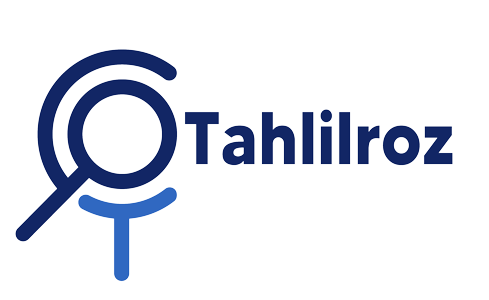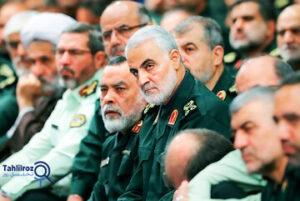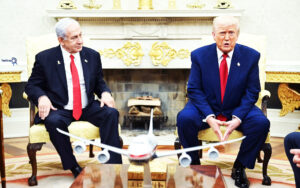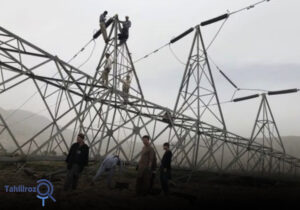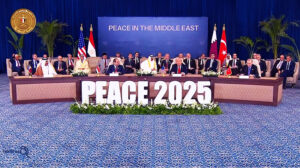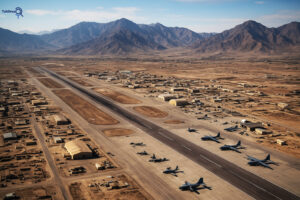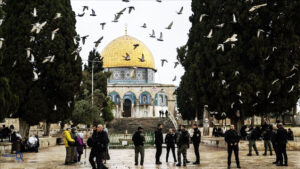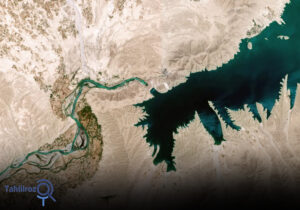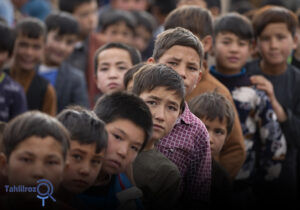Shia clerics in Afghanistan, victims of religious divisions
Armed men riding motorcycles in broad daylight stop Shia and Hazara religious clerics in the streets and in front of people’s very own eyes, shoot them and walk away calmly. This image has been repeated several times in recent weeks in Herat, the westernmost province of Afghanistan, and each time it has left several dead and wounded.
The killing and martyrdom of Shia clerics in Afghanistan has brought about many domestic and international reactions. But considering that the assassination of any innocent person is considered a war crime and is against human values, the question is why Shias have been targeted in these recent attacks?

The history of Shia clerics in Afghanistan
The Shia Ulema Council is an organization of Afghan Shia clerics, which was established in Kabul in 2002 with the aim of formalizing the Shia religion in the country’s constitution.
Importing Shiite rules and beliefs into Afghanistan’s educational system, drafting and approving the law on the personal status of Shiites, and establishing the Islamic Brotherhood Council between Shiites and Sunnis are among the activities of this council, which has been effective so far in Afghanistan.
The Taliban’s behavior towards Shias and Shia clerics in Afghanistan
With the fall of the Republic and the Taliban Emirate regaining power, the Afghan Shia Ulema Council, instead of being silent and at a critical historical moment, became more active than before and took an action to demand the rights of the Shia of Afghanistan within the framework of Shia and Sunni unity.
It is not a big demand that the council ask the Taliban to recognize the Shiite religion or to implement the Shiite Personal Status Law and take into account the Shiites’ participation in the government, because Shiites cannot be denied as they are not a small ethnic minority, but 25 to 30 percent of the population.
Afghanistan is shaped by the followers of this religion, and the Taliban are forced to recognize these rights, rights that were recognized in the past.

Domestic and international reactions towards assassination of Shia clerics in Afghanistan
Richard Bennet, the UN official, called for an independent investigation following international morals into the assassination of Shia clerics in Afghanistan and the punishment of the perpetrators.
This demand was released in a situation that despite the Taliban’s assurances about security, there is a growing rise in security threats, particularly for the Hazara community in Afghanistan.
Mohammad Mohaghegh, the leader of the Afghan People’s Unity Party, responded to the incident that happened to Shia clerics in Afghanistan by publishing a message: “This incident is the third terrorist incident in the series of murders of Shia clerics in Herat. apparently, the systematic killing of Hazaras and Shiites, or incidents of this kind, are not considered to disturb public security as the Taliban did not say even a single word about investigations on this incident.
Religious divisions, terrorists’ tool to make Afghanistan insecure
Shiites in Afghanistan have four special privileges: They are peaceful people, they make up more than 30 percent of the country’s population, they respect other religious beliefs, and Shia clerics in Afghanistan have a high stance and value among the people. These characteristics have given the authority to the Shiites that their interaction or opposition with the government has decisive effects.
After the Taliban came to power on August 15, 2021, the Shiites, by analyzing the country’s situation and considering the country’s highest interests, have taken the path of interaction and compromise with the Taliban government, and the role of this interaction in maintaining the Taliban’s governance is undeniable.
Undoubtedly, this situation is not favorable for many opposition currents, and one of the main motives of terrorist attacks against Shiites, especially Shia clerics in Afghanistan, might be to change the direction of the general policy of Shias in interaction with the Taliban government.
The positive and good view of Shias towards other religious beliefs in the country and the interaction and religious tolerance of the Afghan people are not acceptable for many countries, especially the United States, and it prevents them from achieving the ominous goals of dignity in the region.
Terrorist attacks against Shiites and the assassination of Shia clerics in Afghanistan under the rule of the Taliban, who unfortunately insist on denying the rights of other religions, especially Shiites, bring the enemies of the Afghan nation closer to creating religious conflict.
Therefore, creating a religious war can be one of the other goals of these terrorist attacks.
The role of Shia clerics in accompanying and interacting with the Taliban government cannot be denied. They controlled public sentiments by enlightening and analyzing the current and future situation of the country.
The continuation of attacks against Shiites and the assassination of Shia clerics in Afghanistan and the Taliban’s indifference will undoubtedly have a negative impact on this approach and cause Shiites to distrust and distance themselves from the Taliban government, in which case the Taliban’s governance will become difficult.
Considering the fact that the Shiites have no share in the public security provided by the Taliban, and the Taliban have not made a plan and framework for their targeted and systematic killing, it can be said that this behavior and attitude of the Taliban is not only irresponsible, but it is not even Islamic.
Therefore, it is better for the Taliban to stop discrimination and act responsibly in securing the Shiites community, to the extent that they are trying to secure the West, East, South and North regions of Afghanistan.

Mohsen Shahrafiee
